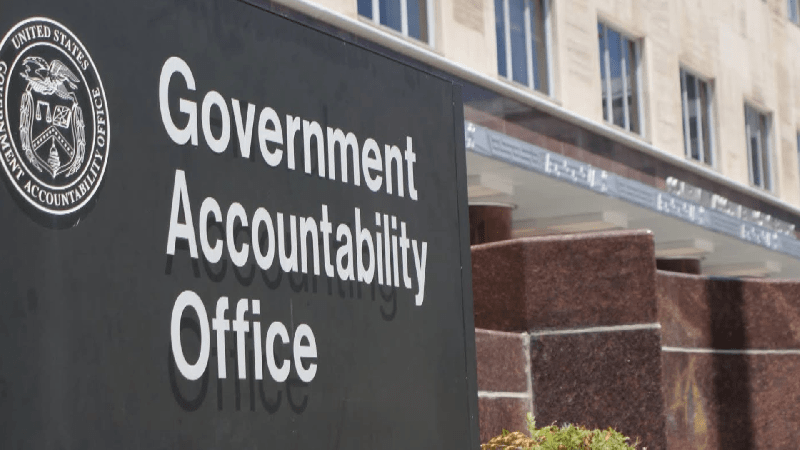
The Government Accountability Office (GAO) is out with a new set of recommendations for how the U.S. government can better compile official financial statements – an issue the GAO has been raising with Federal officials for a quarter century with varying success.
In a Management Report released on Aug. 16, GAO said it uncovered four new “internal control deficiencies” in the process that the Department of the Treasury, in coordination with the Office of Management and Budget (OMB), used to prepare the government’s fiscal year 2021 financial statements.
The first deficiency stemmed from The American Rescue Plan Act – the $1.9 trillion COVID-19 relief bill. GAO auditors found that Treasury did not properly account for “unusual transactions or events” such as changes in legislation, including a part of the bill that provided payments to multiemployer pension plans.
The other three problems cited were Treasury’s insufficient procedures for evaluating misstatements in the government’s financial statements; assuring that “significant accounting polices” were appropriately disclosed; and explaining “significant fluctuations” in some of the numbers.
As a result, GAO found, the U.S. government cannot “reasonably assure” that its own financial statements are complete and follow generally accepted accounting principles. The statements, contained in a broader financial report each year, detail revenues, costs, assets, liabilities, and the “long-term sustainability” of Federal finances.
To fix the latest problems, GAO recommended that Treasury take five executive actions, including enhancing its policies and procedures to account for unusual events such as legislative changes. Treasury concurred with the recommendations.
The question of whether the U.S. government fairly and comprehensively presents its finances to the public has been keeping the accountants at GAO busy since 1997. The agency’s first audit of government financial statements that year found “certain material weaknesses” that have persisted and still prevent GAO from even “expressing an opinion” on the statements.
In the latest report, GAO said Treasury had resolved only two of the 12 open recommendations to fix “control deficiencies” identified in prior years. The 10 other previous deficiencies remain unaddressed – and the five new ones will now be piled onto those.
The five new recommendations for executive action say Treasury should:
- “Enhance existing policies and procedures to reasonably assure appropriate accounting and reporting for significant, unusual transactions or events, such as changes in legislation”;
- “Enhance (procedures) for analyzing uncorrected misstatements to identify all known uncorrected misstatements, by line item and on all of the affected current year and prior year financial statements”;
- “Enhance (procedures) for analyzing uncorrected misstatements to consider the effect of uncorrected misstatements by line item and on all of the affected current year and prior year financial statements.”
- “Enhance existing procedures to reasonably assure that significant accounting policies are appropriately disclosed”; and
- “Enhance existing policies and procedures to support…disclosure decisions related to explaining significant fluctuations and disaggregating line item components in note tables.”
